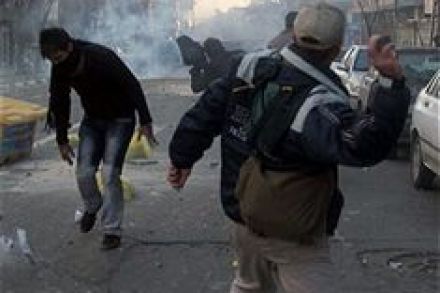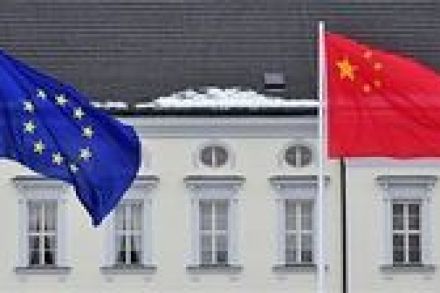Iran’s turn
Revolutions are exciting when they happen to other leaders. When they target the government you lead, then they become decidedly less appealing. That seems to be Mahmoud Ahmadinejad’s view. Only last week the Iranian President told the Egyptian protesters that they had the right to express their own opinions. The Iranian regime’s short-sighted glee, however, has quickly turned to fear. And it shows: the regime has unleashed the police onto protesting crowds in Iran, killing one and wounding several. Unlike Hosni Mubarak, Iran’s leaders know what it is like to be a revolutionary movement – and they have used their inside knowledge to lethal effect. Like Lenin and Stalin, they
















